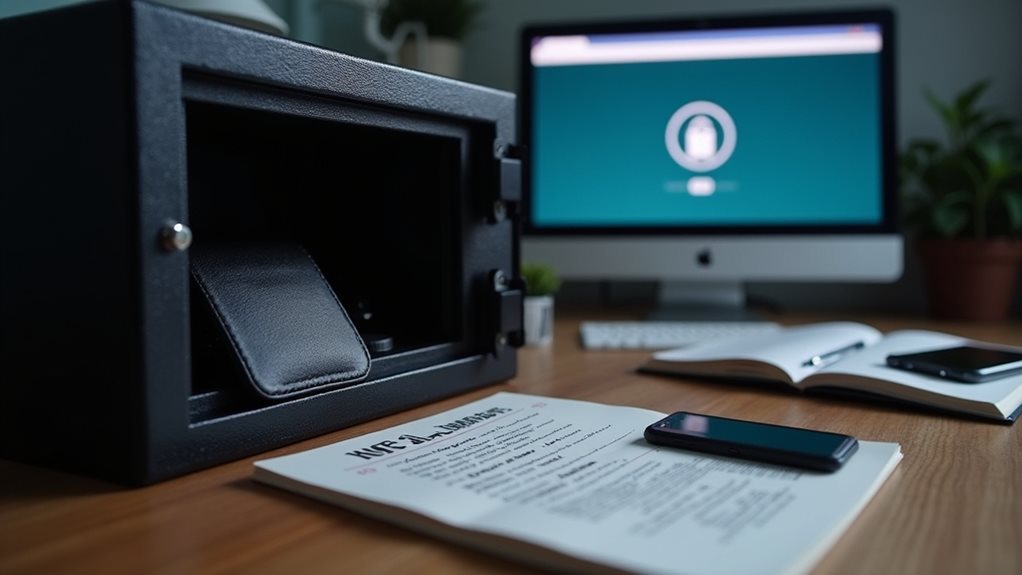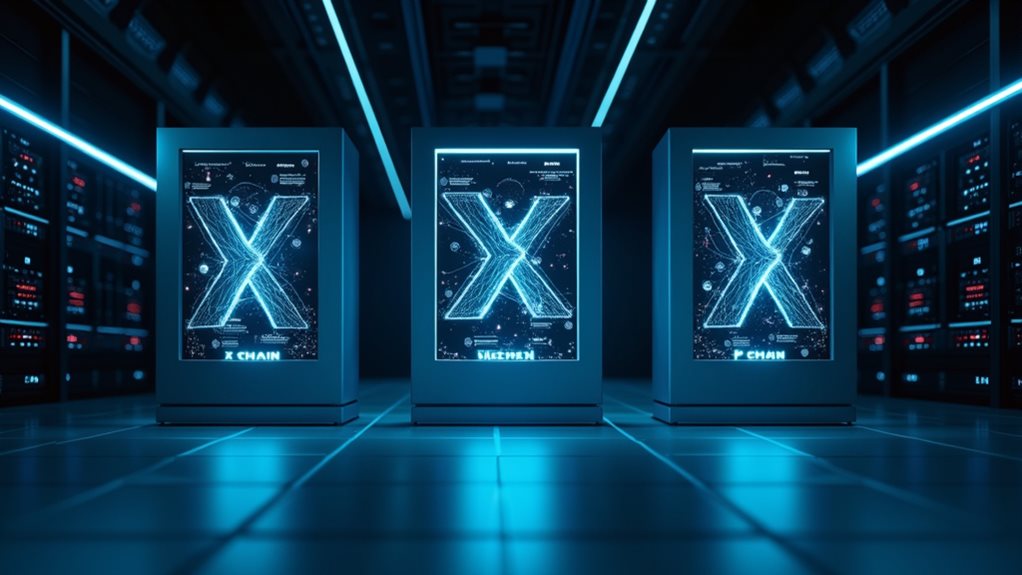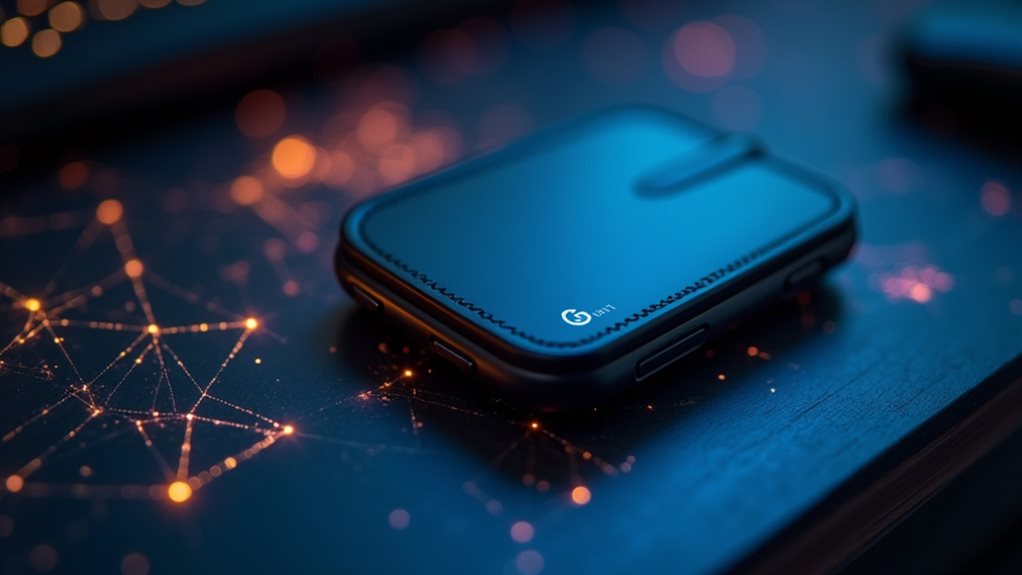Seven critical steps dominate crypto wallet security in 2025: cold storage adoption, private key encryption, two-factor authentication, malware protection, regular software updates, account monitoring, and regulatory compliance. Hardware wallets remain the gold standard, while paper wallets offer old-school security for the paranoid. Smart contracts add an extra layer of protection, but vigilance is key. Wi-Fi networks are still the enemy. The crypto security landscape keeps evolving, and staying informed means staying ahead.

While cryptocurrency continues to reshape the financial landscape, securing digital assets has become a make-or-break challenge for investors. The stark reality is that crypto wallets – those digital vaults holding the keys to financial freedom – are under constant siege from hackers, scammers, and every cyber criminal looking for an easy payday. It's a digital wild west out there, and the bandits are getting smarter. Ensuring regulatory compliance rules is crucial for protecting your assets in this evolving landscape. Your private key access remains the fundamental element of wallet security, determining who can move your funds.
The choice between hot and cold wallets isn't just a matter of preference – it's a significant decision that could mean the difference between keeping or losing everything. Hot wallets, always connected to the internet, are like leaving your front door ajar. Sure, they're convenient, but they're also a hacker's dream. Cold wallets, on the other hand, keep everything offline. Less convenient? Absolutely. More secure? You bet. With $2.2 billion in thefts reported in 2024, the importance of choosing the right wallet type cannot be overstated. Modern smart contracts enable secure automated transactions while maintaining wallet security.
Hardware wallets have emerged as the gold standard for serious investors. These little devices, packed with security features, are basically Fort Knox in your pocket. Paper wallets might seem old-school, but they're completely immune to digital attacks. Try hacking a piece of paper – good luck with that.
The rise of sophisticated scams has made security measures more important than ever. Two-factor authentication isn't just an annoying extra step – it's an essential shield against unauthorized access. And those public Wi-Fi networks? They're about as secure as shouting your private keys in a crowded coffee shop. Malware protection isn't optional anymore; it's as necessary as locking your door at night.
Private key management has become a high-stakes game. Lose your keys, lose your crypto – it's that simple. The smart players are using encryption that would make government agencies jealous, storing their recovery phrases in multiple secure locations. Some paranoid folks even split their phrases across different physical locations. Paranoid? Maybe. Smart? Definitely.
Regular maintenance isn't just about keeping things running smoothly – it's about staying ahead of the bad guys. Software updates might be annoying, but they're like digital armor upgrades. The crypto world doesn't stand still, and neither do the threats. Monitoring accounts for suspicious activity isn't paranoia – it's survival.
And those manufacturer updates for hardware wallets? They're not optional extras – they're your lifeline in an increasingly hostile digital environment. The game is always changing, and only the vigilant survive.
Frequently Asked Questions
What Happens to My Crypto if the Exchange Platform Goes Bankrupt?
When an exchange goes bankrupt, it's basically a nightmare.
Assets get frozen immediately – no withdrawals, no trading, nothing. Users become unsecured creditors (fancy term for "last in line").
The court process is painfully slow, and there's no guarantee of getting funds back.
Even worse, if someone managed to withdraw money 90 days before bankruptcy, the exchange might demand it back through clawback provisions.
Yeah, it's as bad as it sounds.
Can I Recover My Wallet if My Device Gets Stolen?
Yes, stolen device? Not game over. Wallet recovery is totally possible with a seed phrase – those random words you (hopefully) wrote down.
Think of it as your crypto's emergency exit. No seed phrase? Big problem. Multi-device setups offer backup access routes. Recovery services exist, but they're not miracle workers.
And remember, thieves wanting your crypto isn't some far-fetched scenario – it happens. Physical security matters just as much as digital.
Should I Keep My Crypto in Multiple Wallets or One?
Both approaches have their merits.
Multiple wallets offer better risk diversification – if one gets compromised, others remain safe. Plus, it's easier to separate trading funds from long-term holdings.
But managing multiple wallets? Total headache.
Single wallets are simpler and cheaper, perfect for beginners or casual users. Less stuff to track, fewer passwords to forget.
The choice really depends on portfolio size and risk tolerance.
How Often Should I Update My Wallet's Security Features?
Regular wallet security updates are non-negotiable in crypto. Most experts check weekly for software patches – it's just common sense.
Hardware wallets need firmware updates whenever manufacturers release them. Two-factor authentication settings should be reviewed monthly.
Every three months, users typically audit their backup systems and review security protocols. Daily market changes and evolving threats mean constant vigilance.
Hackers don't take vacations, neither should security measures.
Are Hardware Wallets Worth the Investment for Small Cryptocurrency Holdings?
For small crypto holdings, hardware wallets present a classic "it depends" situation.
Sure, dropping $50-$220 on a device might seem steep for modest amounts.
But here's the reality: hardware wallets offer bank-vault level security that software wallets can't match. Period.
Think of it like buying insurance – seems expensive until your computer gets hacked.
For long-term hodlers, even with small amounts, that peace of mind isn't exactly worthless.









